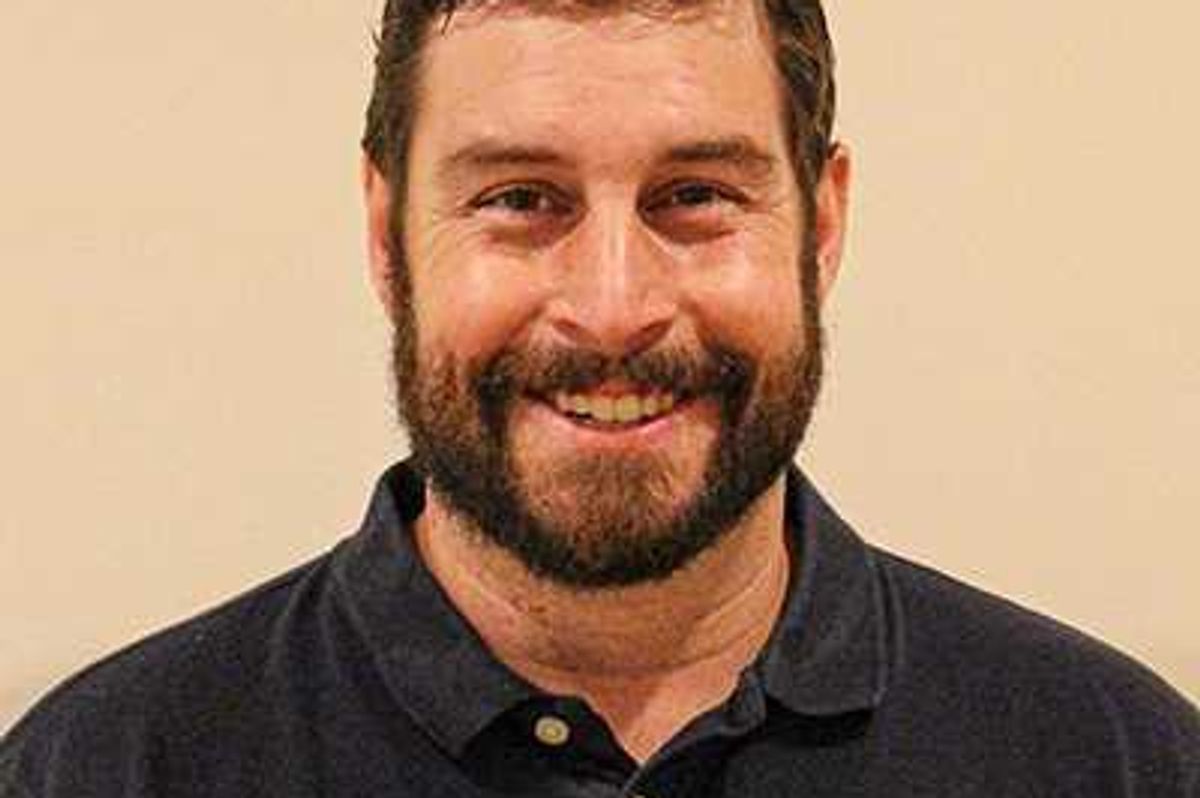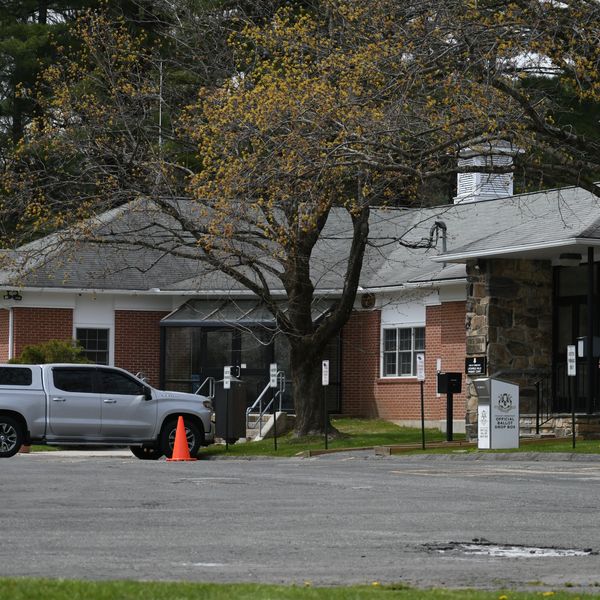Latest News
Ski jump camp for kids returns Dec. 27, 28
Photo provided
The Salisbury Winter Sports Association (SWSA) will host its annual Junior Jump Camp, a two-day introduction to ski jumping, on Saturday and Sunday, Dec. 27 and 28, from 9 a.m. to 2 p.m. at Satre Hill in Salisbury.
The camp is open to children ages 7 and up and focuses on teaching the basics of ski jumping, with an emphasis on safety, balance and control, using SWSA’s smallest hill. No prior experience is required.
The cost is $50 per child and includes instruction and lunch on both days. For more information or to register, visit www.skireg.com/swsa-camp or email info@jumpfest.org
Keep ReadingShow less
Jesse Bunce, first selectman of North Canaan.
Photo provided
LITCHFIELD — The Northwest Hills Council of Governments welcomed six newly elected municipal leaders Thursday, Dec. 11, at its first meeting following the 2025 municipal elections.
The council — a regional planning body representing 21 towns in northwest Connecticut — coordinates transportation, emergency planning, housing, economic development and other shared municipal services.
Barkhamsted First Selectman Meaghan Cook, Goshen First Selectman Seth Breakell, Kent First Selectman Eric Epstein, Norfolk First Selectman Henry Tirrell, North Canaan First Selectman Jesse Bunce and Torrington Mayor Molly Spino were each elected to their post in November.
They filled the seats of their predecessors on the COG, who were each given a toast of appreciation: Nick Lukiwsky (Barkhamsted), Todd Carusillo (Goshen), Marty Lindenmeyer (Kent), Matt Riiska (Norfolk), Brian Ohler (North Canaan) and Elinor Carbone (Torrington).
COG Executive Director Rob Phillips said the outgoing members were given a going away mug that read “You’re living the dream still.” Members voted to appoint Warren First Selectman Greg LaCava to fill a vacancy on the Council’s Executive Committee. COG members voted by paper ballot, and LaCava defeated Burlington First Selectman Doug Thompson for the vacant seat.
Keep ReadingShow less
Ryan Segalla takes a fadeaway shot over a defender.
By Riley Klein
FALLS VILLAGE — Housatonic Valley Regional High School’s boys basketball team defeated Pine Plains High School 60-22 in a scrimmage Tuesday, Dec. 9. The non-league preseason game gave both sides an opportunity to run the court ahead of the 2025-26 varsity season.
HVRHS’s senior-heavy roster played with power and poise. The boys pulled ahead early and kept their foot on the gas through to the end.
By halftime the score was 33-8. Junior varsity players subbed in for the second half, but not before the starters got some in-game dunk practice. By the end Housatonic totaled 60 points to Pine Plains’ 22.

Nick Crodelle led the Mountaineers offensively with 13 points. Anthony Labbadia and Wyatt Bayer scored nine points each. Anthony Foley scored eight points. Owen Riemer and Ryan Segalla each scored seven points. Peyton Bushnell hit a three-pointer. Jaxon Visockis and Henry Berry each scored two points.
HVRHS begins Berkshire League competition on the road at Nonnewaug High School Tuesday, Dec. 16, with a 6 p.m. tip off.


Keep ReadingShow less
Katie Moore delivers toys to the Stuff a Truck campaign held by the Kent Volunteer Fire Department last weekend. Donated toys are collected so that parents, who need some assistance, may provide their children with gifts this Christmas. Accepting the donation are elves Fran Goodsell and Karen Iannucci
Photo by Ruth Epstein
KENT — Santa’s elves were toasty warm as they collected toys for the children of Kent.
Keeping with annual tradition, Fran Goodsell and Karen Iannucci manned the Stuff a Truck campaign sponsored by the Kent Volunteer Fire Department on Saturday, Dec. 6, and Sunday, Dec. 7. Sitting in front of a fire pit in the firehouse parking lot between donations from residents, they spoke of the incredible generosity displayed every season. That spirit of giving was clear from the piles of toys heaped on a table.
“This is always so gratifying,” said Goodsell, noting that certain businesses, including High Watch Recovery Center, Wilson’s, and Kent and South Kent schools needed a “shout out” for all they’ve done. She said South Kent School focuses on gifts for older children, which is a group that often is overlooked.
Unwrapped contributions are sought for children 1 to 15 years old who might otherwise find little or nothing from Santa, they said. The bounty will be set up at the Community House on Thursday, allowing parents to come and take what they want. If there are still items left, grandparents are invited to “shop.”
The atmosphere was festive Saturday, as a stuffed dog began barking a Christmas tune whenever someone walked in front of it. A large decked-out bear posted at the parking lot entrance reminded passersby of the event. Visiting children were able to get a close-up look at the fire truck and walk through the firehouse if they wished.
Goodsell and Iannucci were very grateful to those who donated wood for the fire pit. “And so many asked if they could bring us coffee or hot chocolate,” said Iannucci.
Goodsell said many who came talked about having grown children who were recipients of the gifts when their families were struggling. “They are so glad to be able to give back,” she said.
Keep ReadingShow less
loading








